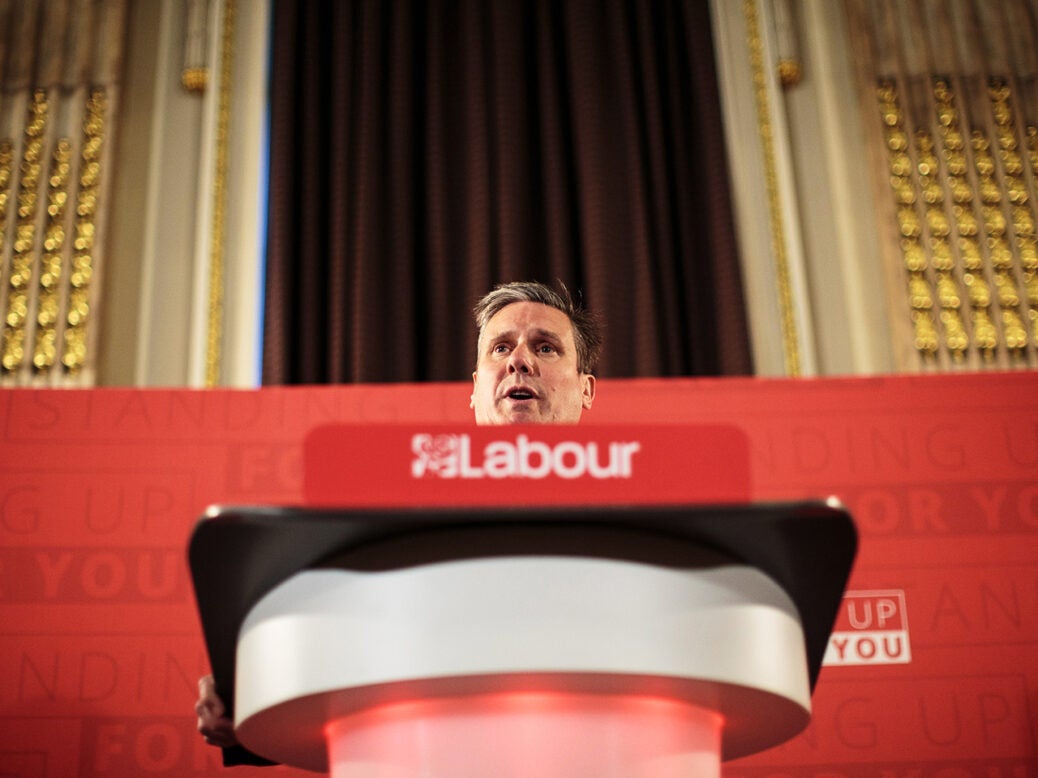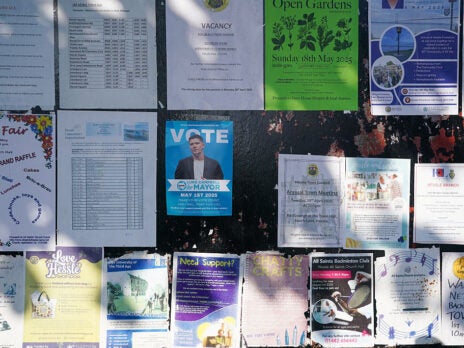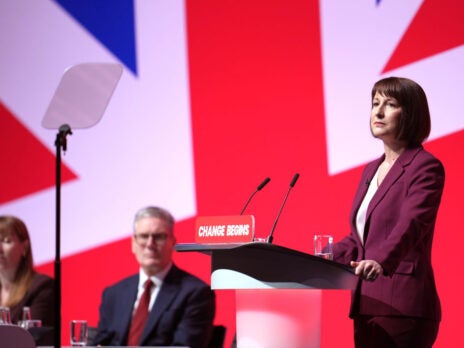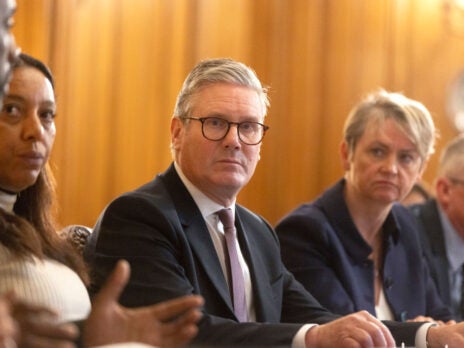
Today, Labour leads in the polls in a way it hasn’t done since the Nineties. It commands confidence on voting intention, public likeability and most importantly of all, it is ahead of the Conservatives on the economy.
Yet another factor may also hinder a Tory comeback: apathy. One story of the 1997 general election that is told less often was the collapse in turnout (which hit a postwar low of 71 per cent).
As a political nerd, I am not ashamed to admit I watch past election night programmes for fun. A particular moment from the 1997 broadcast stands out. In Sunderland South, first to declare, the veteran Labour MP Chris Mullin was poised to be re-elected. His face betrayed nothing to the cameras. Anthony King, professor of government at the University of Essex, serving that night as the BBC’s election analyst, predicted that if Mullin (who had won 29,000 votes in 1992) won 34,000 votes then Labour would be “in for a huge win tonight”.
Yet Mullin didn’t win 34,000. He won 27,000. This didn’t mean no Labour landslide, however. Although Mullin’s vote had dropped, his Tory opponent’s dropped too, from 15,000 to 7,000. The Sunderland South percentage point swing was in line with landslide numbers.
[See also: Why do so many Tories love Keir Starmer?]
Therein lies the the forgotten story of 1997. A great portion of the Conservative base was pretty passive about a Labour victory, so much so that those unwilling to switch sides stayed at home instead. Attitudes to Tony Blair were not completely hostile from many of those who had previously voted Tory in 1992. New Labour, seen as inoffensive by its opponents, romped home, almost with their tacit consent.
Exclusive polling for the New Statesman by Redfield & Wilton Strategies exposes apathy among Tory voters towards the idea of a Keir Starmer general election victory.
Among all British voters, 44 per cent say they would be satisfied if Labour was to win the general election. Twenty-eight per cent, by contrast, would be dissatisfied, and 23 per cent would be nonplussed. Among the 2019 Tory base, 45 per cent are either satisfied or indifferent about the prospects of a Labour victory. Just half (52 per cent) are dissatisfied.
Party strategists and leaflet designers prefer it when their voters have strong feelings about their opponents. It helps the “get out the vote” operation: stay home and get stuck with them, or get out and stop them. For half the Tory base to be nonplussed should ring alarm bells among Conservative campaigners. By contrast, 76 per cent of Labour voters would be displeased at a fifth-term Tory win at the next election.
What is concerning for Labour, however, is that just 48 per cent of its most supportive demographic in recent years – 18-24-year-olds – would be satisfied at the prospect of a Labour victory. This is in contrast with the 2017 and 2019 elections, when more than 60 per cent of this young cohort voted Labour. It should be noted, however, that only around half of this group turned out in 2017 and 2019.
The scale of Tory apathy in this poll suggests fewer people will turn out at the next general election than the last. At present, the polls are dictated by Tory voters minded to stay at home, boosting Labour’s leads into the realm of 20-25 points. The Tory base will rally come the next campaign, but likely nowhere near enough to deny Labour the next government. Turnout-wise, we could be approaching another 1997, just without the retro graphics or, indeed, the landslide.
Redfield & Wilton Strategies polled a weighted sample of 1,500 eligible voters in Great Britain on 11 January 2023 for the New Statesman.
[See also: British voters’ concept of the economy is rapidly changing in Labour’s favour]


